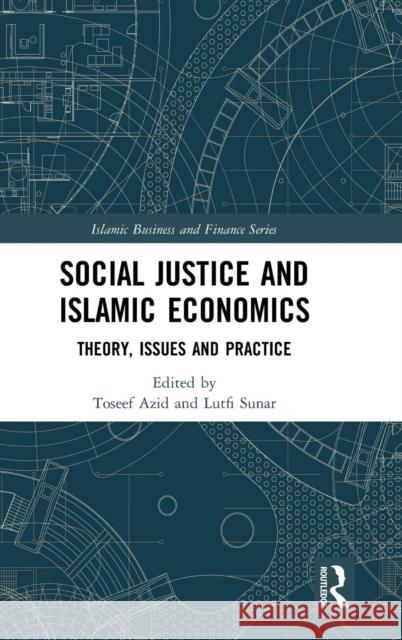Social Justice and Islamic Economics: Theory, Issues and Practice » książka
Social Justice and Islamic Economics: Theory, Issues and Practice
ISBN-13: 9781138558816 / Angielski / Twarda / 2019 / 210 str.
Social Justice and Islamic Economics: Theory, Issues and Practice
ISBN-13: 9781138558816 / Angielski / Twarda / 2019 / 210 str.
(netto: 721,53 VAT: 5%)
Najniższa cena z 30 dni: 654,86
ok. 16-18 dni roboczych.
Darmowa dostawa!
Under the rule of the new economic order, injustice increases every day; poverty has become a universal problem; inhumane working conditions, inadequate wages, social insecurity and an unhealthy labor market continue to persist. Many states are also unable to produce policies capable of meeting these demands. The characteristics of the current capitalist system make it unable to provide social justice. In fact, on the contrary, the system reinforces these injustices and prevents economic and social welfare from reaching the masses. Muslim scholars have criticised this system for years and this book argues that an alternative and more equitable theoretical and practical economical order can been developed within the framework of Islamic principles. On the other hand, the experiences of societies under the rule of Muslim governments do not seem to hold great promise for an alternative understanding of social justice. In addition, the behaviors of Muslim individuals within their economic lives are mostly shaped by the necessities of daily economic conditions rather than by the tenets of Islam that stand with social justice. In the 1960s, studies of Islamic economics made connections between finance and the notion of social justice, but work conducted more recently has neglected this issue. It is clear that the topic of social justice needs to be discussed again in a more well-founded manner. This is the first book connecting social justice and Islamic finance and economics and is based on the writings of a number of eminent scholars on this topic.











